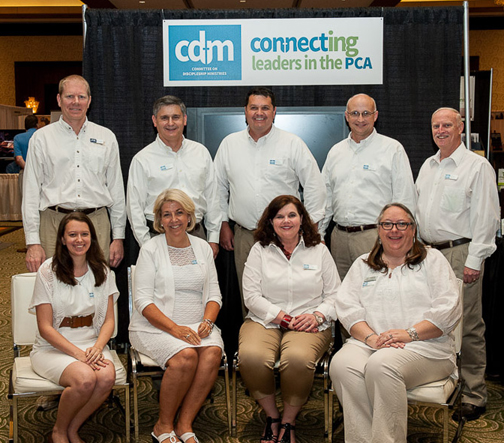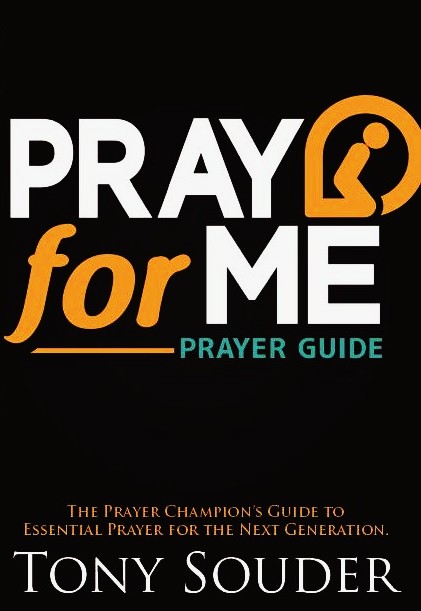Dr. John C. Kwasny
November 11, 2015
This article was originally published by Dr. Kwasny on his blog at One Story Ministries. It can be found here.
So, you’ve been called to lead your church’s children’s ministry. Congratulations! You are entering into the vital work of telling “the next generation the glorious deeds of our LORD (Psalm 78:4).” What a privilege you have to direct a ministry which points children to Jesus. But where to begin? Maybe you have inherited a ministry that has a well-established vision, philosophy, and programming. Or maybe you are building from the ground up. Whatever the case (and even if you have been doing this for a long time), it’s essential to build a ministry to children on a Biblical foundation. So let’s get started.
In a sense, children’s ministry is a “population ministry”–the church ministering to the age group we call “children.” So, we begin by figuring out what children (our target population) need, and then give it to them, right? In a way, yes. The church has a responsibility to evangelize and educate children, just like it does with youth and adults. But a better way to think about it is that children’s ministry in the local church begins with parents. Children have been given to their parents by God, with the command for parents to “bring them up in the discipline and instruction of the Lord” (Ephesians 6:4). Since parents have theprimary responsibility for their own children, what is the role of the church? A careful look at Scripture will demonstrate that a church’s children’s ministry is called to the dual purpose of:
- Leading parents in their task of raising their children.
- Assisting parents in their task of raising their children.
So, how do we LEAD parents in their task of raising their children? That’s an essential first question that should drive your planning. But before we answer that, consider how this question connects children’s ministry with your church’s adult education/discipleship ministry. The strength (or weakness) of the education and discipleship of your adults directly impacts the children’s ministry! When adults are growing in Christ and living out God’s Word, then they will be equipped to teach and train the next generation. But if your adults are languishing, immature, or absent, the children will be impacted negatively as well. So now let’s begin to answer the question: How do we LEAD parents in their work of training their children in the LORD? Here are just a few ideas to get you started:
- Encourage commitment to your adult discipleship/education ministry, including learning from the pulpit ministry, adult Sunday School, small groups, etc.
- Offer Biblical parenting counseling to deal with individual parenting issues.
- Offer periodic marriage and parenting studies, conferences, and retreats.
- Choose children’s curricula that also offers parents the tools to teach their children the Bible at home.
- Regularly advertise resources/books/blogs that can help parents raise/teach their children.
Then, the children’s ministry is also called to ASSIST parents in the task of raising their children in the discipline and instruction of the LORD. As members of the local church, parents are not alone in this vital work, since children are members of the covenant community. It takes a church to raise its covenant children! So, what are things that children’s ministry can do to come alongside parents as they raise their children? Just a few more ideas:
- Develop a safe, secure, and loving nursery ministry to care for and disciple the littlest lambs while parents are being educated, trained and discipled.
- Raise up committed “covenant parents” who will teach Sunday School, discipleship groups, catechism, children’s choirs, etc.
- Choose children’s curricula that teaches all of God’s Word–whether or not parents are teaching their children at home.
- Never just offer “childcare” while parents are being taught/trained/equipped. Use these opportunities to evangelize and educate their children!
- Provide opportunities for children to serve IN the congregation and WITH the congregation.
- Provide opportunities for children to establish covenant relationships with one another.
- Assist parents in training their children to be worshipers of God in the context of congregational worship.
Here’s a way to sum up our starting point (especially if you are a Presbyterian): Children’s ministry is driven by our covenant baptismal vows. For those of us who baptize our covenant children, there’s typically a point in the sacrament where the pastor asks the congregation if they will commit to assisting these parents in the training and nurture of their children. Of course (since the child is so cute), the entire congregation enthusiastically says YES! Children’s ministry is the natural and Biblical outgrowth of this commitment. Children’s ministry exists to both LEAD and ASSIST parents in the education and discipline of their children.




 FOR IMMEDIATE RELEASE:
FOR IMMEDIATE RELEASE: